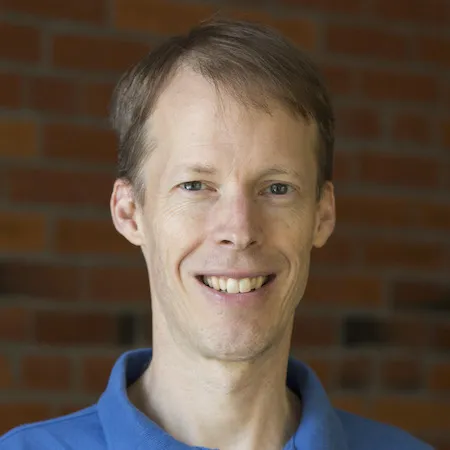Across a range of substantive issue areas, policy makers and scholars have increasingly called for science to inform policy. The science-policy interface becomes especially complex as collaborative approaches to problem solving include multiple interests and stakeholders working together across jurisdictions. Many of these participants are non-scientists who bring local knowledge and experiences. Unfortunately little is known about how science is accessed and used in collaborative governance. To address this knowledge gap, this study examines the use of science across collaborative watershed partnerships in the Puget Sound basin of Washington state. Part 1 examines partnership meeting minutes to identify how and how much science is deliberated, both in technical committees and executive committees. It also examines the resulting watershed management plans for evidence of citations to scientific sources. Part 2 draws on a survey of partnership members that asks respondents directly about their types of knowledge use, channels of communication, and relative importance of science in shaping plans.
Presenters

Tom Koontz
Dr. Tom Koontz completed his graduate work at Indiana University, with an MPA in Environment and Natural Resources, followed by a PhD in Public Policy (advised by Elinor Ostrom). His interdisciplinary graduate studies focused on environmental policy as it relates to human systems including institutions, stakeholder participation and community-based natural resource management, as well as natural systems such as forests, watersheds and the global climate. As a research assistant with the International Forestry Resources and Institutions program, he collaborated with international scholars...

Tom Koontz
Dr. Tom Koontz completed his graduate work at Indiana University, with an MPA in Environment and Natural Resources, followed by a PhD in Public Policy (advised by Elinor Ostrom). His interdisciplinary graduate studies focused on environmental policy as it relates to human systems including institutions, stakeholder participation and community-based natural resource management, as well as natural systems such as forests, watersheds and the global climate. As a research assistant with the International Forestry Resources and Institutions program, he collaborated with international scholars examining the ecological and sociopolitical aspects of community-based natural resource management and coupled human and natural systems. He is a faculty member\at the University of Washington Tacoma in the School of Interdisciplinary Arts and Sciences. There, he has developed a new research program centering on the use of science in collaborative watershed efforts in the Puget Sound.